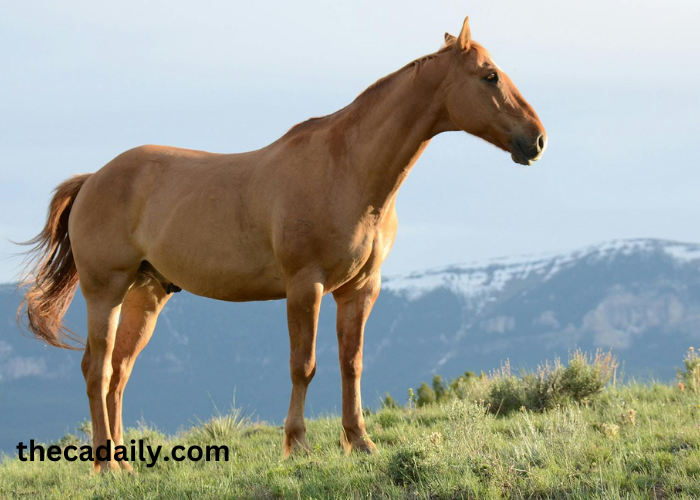Horses have been intertwined with human history for millennia, playing pivotal roles in transportation, agriculture, warfare, and even leisure. Their majestic presence, strength, and beauty have not only been essential for practical purposes but have also inspired countless works of art, literature, and traditions. This article delves into the rich history and cultural significance of the horse, exploring its journey from wild plains to noble stables and beyond. Discover the latest horse racing tips and predictions on France Cheval Turf. Get expert insights and increase your chances of winning big.
The Early Days: Domestication and Ancient Civilizations
The domestication of horses began around 4000 BCE on the steppes of Central Asia. Initially, these animals were likely used for meat and milk, but their utility quickly expanded. The Botai culture in modern-day Kazakhstan is one of the earliest known to have tamed horses, using them for riding and possibly for pulling primitive chariots.
As civilizations advanced, horses became integral to many cultures. In Mesopotamia, they were linked with gods and kings, symbolizing power and prestige. The Egyptians, renowned for their charioteering skills, used horses extensively in warfare and ceremonies. Horses were also vital in the expansion of the Persian Empire, which boasted an efficient cavalry that helped conquer vast territories.
The Horse in Warfare and Conquest
The role of the horse in warfare cannot be overstated. The chariot-riding warriors of the Hittites and Egyptians, the cavalry of the Roman legions, and the Mongol hordes led by Genghis Khan all relied heavily on horses. The speed and mobility provided by mounted units revolutionized military tactics and outcomes.
One of the most significant impacts of the horse was seen during the conquests of Alexander the Great. His legendary steed, Bucephalus, was not only a symbol of his personal valor but also a critical asset in his military campaigns across Asia. Similarly, the knights of medieval Europe, clad in armor and mounted on powerful warhorses, dominated battlefields for centuries.
Horses in Agriculture and Transportation
Beyond the battlefield, horses have been indispensable in agriculture and transportation. Before the advent of modern machinery, horses were the primary source of power for plowing fields, harvesting crops, and transporting goods and people. The invention of the horse collar in the Middle Ages allowed horses to pull heavier loads, significantly boosting agricultural productivity and efficiency.
The importance of horses persisted into the 19th century with the development of stagecoaches and the Pony Express in the United States, which relied on relays of fast horses to carry mail across vast distances. Even with the advent of trains and automobiles, horses remained crucial in areas where modern infrastructure was lacking.
Cultural Significance and Symbolism
Horses have always held a special place in human culture and mythology. In Greek mythology, Pegasus, the winged horse, symbolizes poetic inspiration and the ability to transcend the earthly realm. Similarly, the Norse god Odin’s eight-legged horse, Sleipnir, represents strength and endurance.
In literature, horses have been immortalized in works such as Anna Sewell’s “Black Beauty,” which highlights the humane treatment of animals, and Michael Morpurgo’s “War Horse,” which tells the story of a horse’s experiences during World War I. These narratives underscore the deep emotional bond between humans and horses.
Modern Equine Roles
Today, while the practical uses of horses in agriculture and transportation have diminished, their roles in sports and recreation have flourished. Equestrian disciplines such as dressage, show jumping, and racing showcase the agility, speed, and elegance of horses. The Kentucky Derby, known as “The Most Exciting Two Minutes in Sports,” is a testament to the enduring appeal of horse racing.
Horses also play a therapeutic role, providing emotional and physical benefits through equine-assisted therapy programs. These programs help individuals with disabilities, trauma, and mental health issues, harnessing the calming and empathetic nature of horses.
Conclusion
From the dawn of civilization to the modern era, horses have been steadfast companions to humanity. Their contributions to warfare, agriculture, transportation, and culture have shaped the course of history. Beyond their practical uses, horses have captured the human imagination, symbolizing freedom, power, and grace. As we continue to honor and celebrate the majestic horse, their legacy remains an indelible part of our collective heritage.


